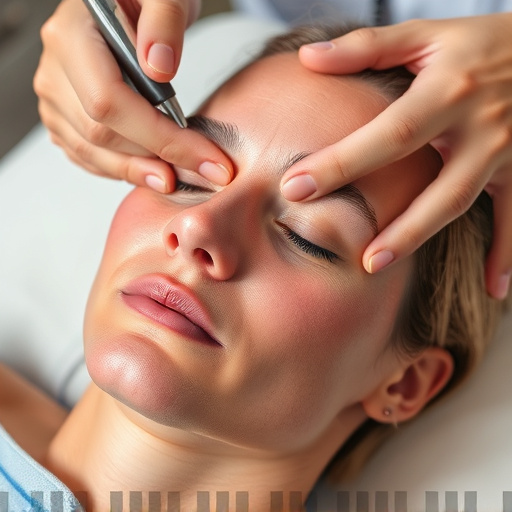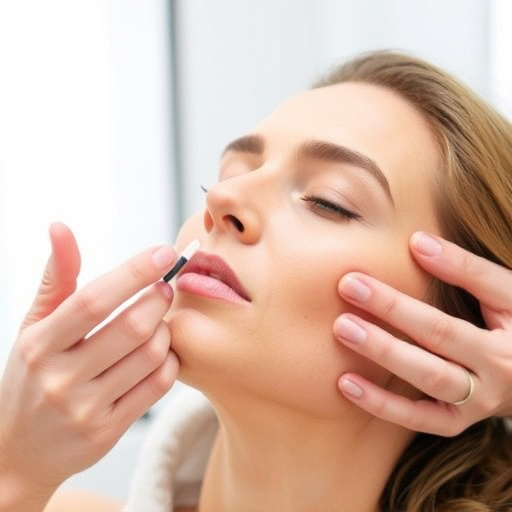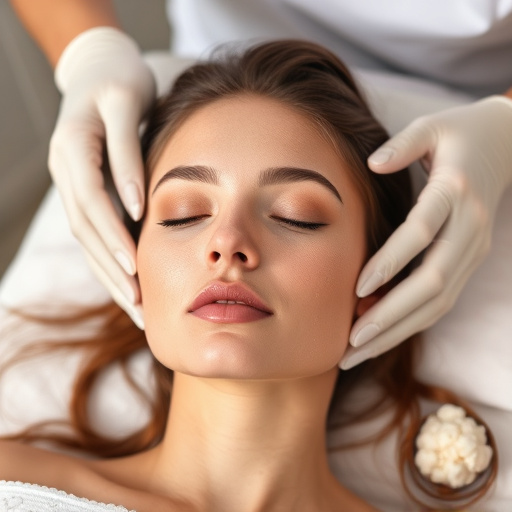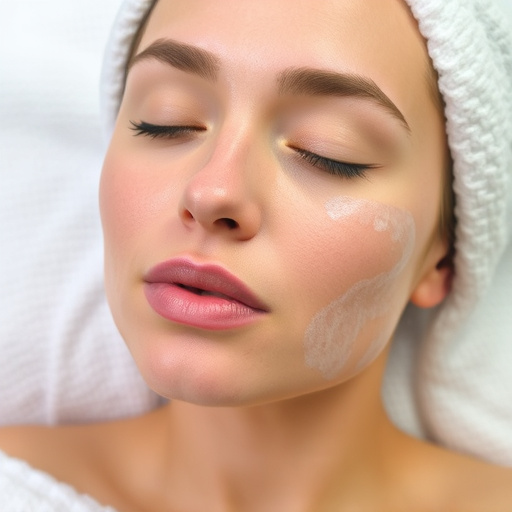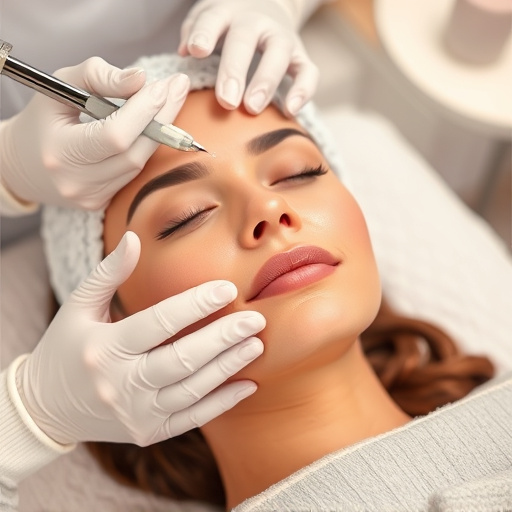Choosing FDA-approved procedures ensures safety, quality, and legal compliance for medical and aesthetic treatments, offering peace of mind, reliable results, and protection from adverse reactions or regulatory issues.
“When considering any medical procedure, prioritizing safety and efficacy is paramount. This article explores the compelling reasons why choosing FDA-approved procedures is a pivotal decision. From enhanced safety measures that minimize risks and complications to ensuring consistent quality and legal compliance, adhering to FDA standards is a game-changer. Understanding these key benefits enables folks to make informed choices, fostering trust in their healthcare journey.”
- Enhanced Safety: Ensuring Minimal Risks and Complications
- Quality Assurance: Trustworthy Results and Performance
- Legal Compliance: Avoiding Regulatory Pitfalls and Penalties
Enhanced Safety: Ensuring Minimal Risks and Complications
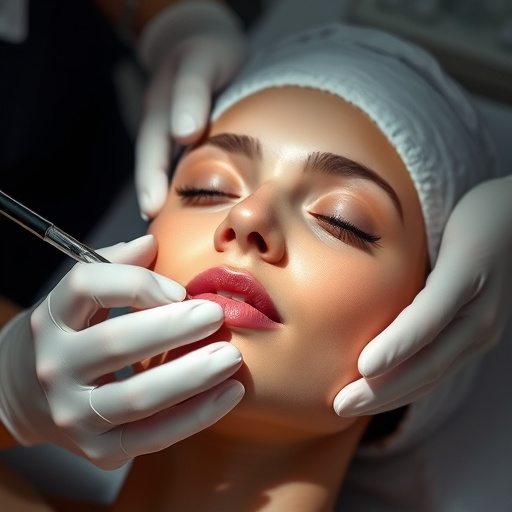
Choosing FDA-approved procedures guarantees a higher level of safety for individuals seeking medical or aesthetic treatments. The U.S. Food and Drug Administration (FDA) rigorously evaluates and regulates medical devices and drugs, ensuring they meet specific safety and efficacy standards before approving them for public use. This approval process plays a pivotal role in minimizing risks and complications associated with various procedures.
For instance, when considering treatments like chemical peels or non-surgical options for acne, adhering to FDA-approved protocols is essential. These approved methods are designed after extensive research and testing, ensuring their safety and effectiveness. By contrast, unapproved or alternative practices may lack scientific validation, potentially leading to adverse reactions or prolonged recovery periods. Thus, prioritizing FDA-approved procedures safeguards patients, offering peace of mind and the assurance that their treatments align with established safety benchmarks.
Quality Assurance: Trustworthy Results and Performance
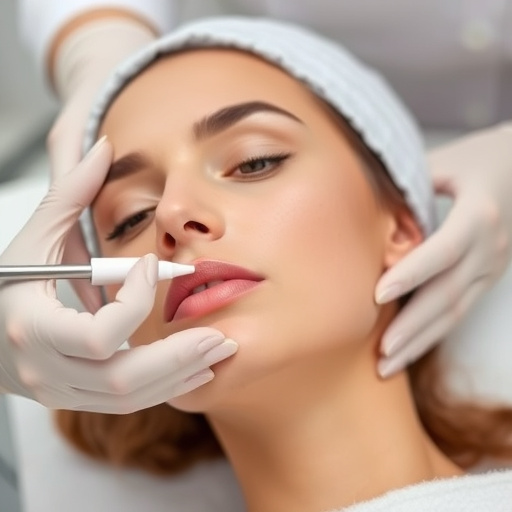
Choosing FDA-approved procedures ensures a level of quality assurance that is paramount when it comes to your health and appearance. These strict regulations are designed to protect consumers by guaranteeing the safety, efficacy, and performance of medical products and treatments. When you opt for FDA-approved skincare solutions like wrinkle reduction or skin tightening procedures, you can trust that the results will be consistent, reliable, and as promised.
Professional skincare experts advocate for these approved methods because they offer a standard of excellence. The rigorous testing and evaluation processes ensure that any product or treatment labeled as FDA-approved meets specific criteria for safety and effectiveness. This means that not only will you achieve desired outcomes like smoother skin or reduced fine lines, but you can also be confident in the overall quality and longevity of the results.
Legal Compliance: Avoiding Regulatory Pitfalls and Penalties
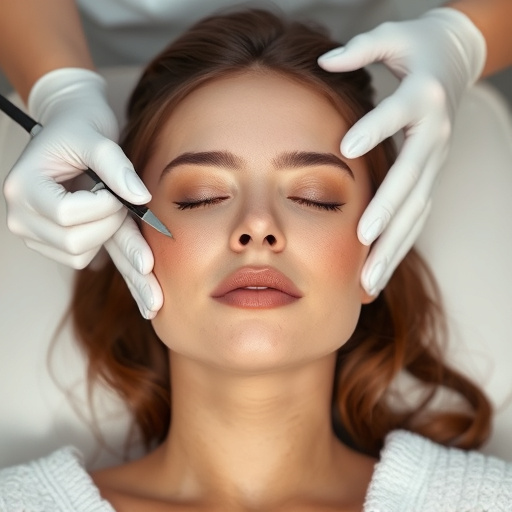
Choosing FDA-approved procedures is not just a matter of ensuring high-quality care; it’s also a strategic move to maintain legal compliance. The Food and Drug Administration (FDA) sets rigorous standards for a reason—to protect consumers from unsafe or unproven practices. By adhering to these guidelines, skincare professionals can avoid regulatory pitfalls and penalties that could severely impact their practice.
Non-compliance can lead to costly legal issues, loss of licensing, and damage to reputation. FDA approval ensures that products and procedures have undergone thorough testing and evaluation for safety and efficacy. This means your clients receive treatments backed by scientific evidence, reducing the risk of adverse reactions and promoting trust in your professional skincare services, such as customized facials or hydrating facials, tailored to their unique needs.
When considering any medical or aesthetic procedure, opting for FDA-approved options is a wise decision. These stringent regulations ensure enhanced safety, providing peace of mind that minimal risks are associated with the process. The approval process guarantees quality assurance, confirming reliable and consistent results. Moreover, adhering to FDA standards ensures legal compliance, protecting against potential pitfalls and penalties. By choosing FDA-approved procedures, individuals can make informed choices, prioritizing their well-being and trust in the industry.



